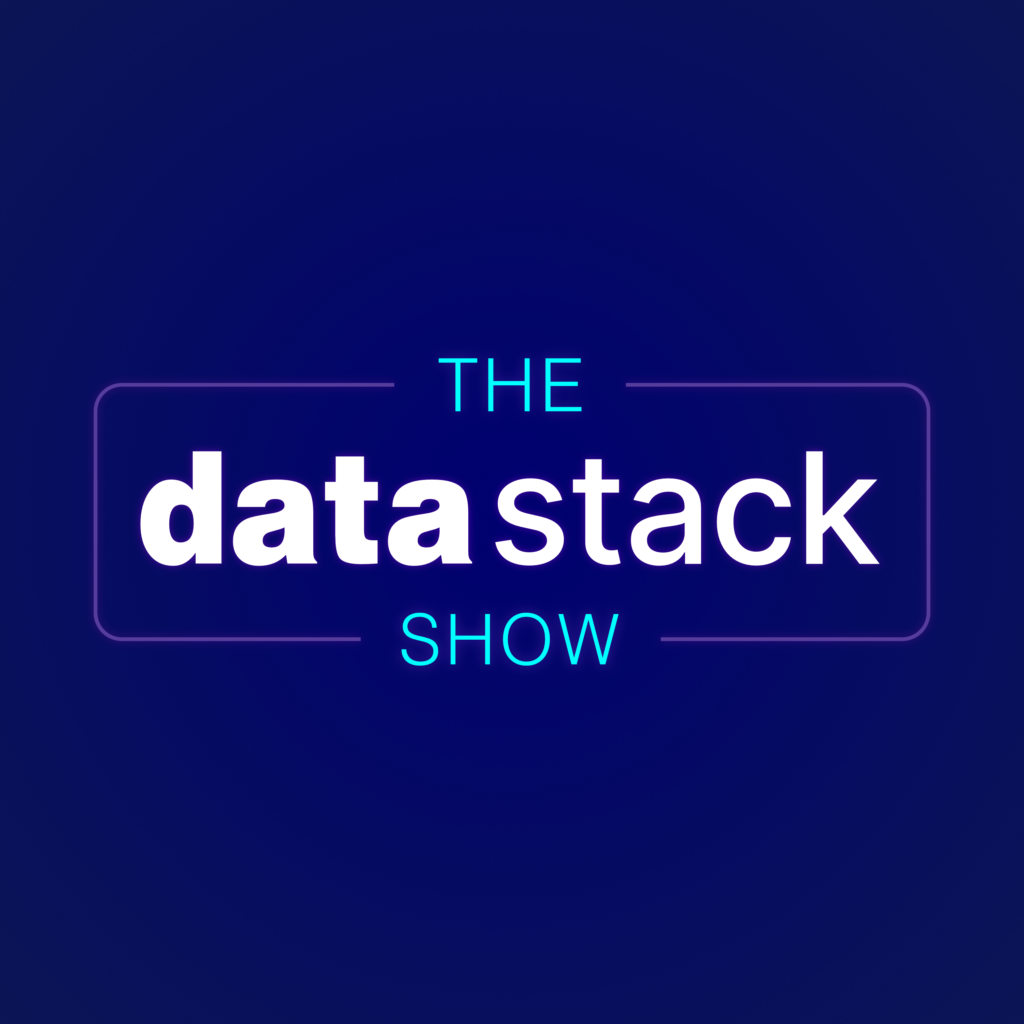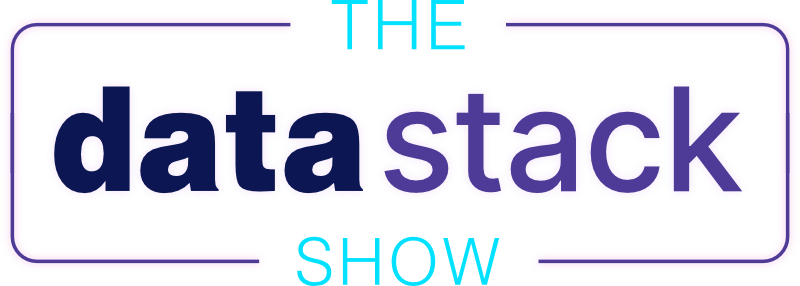
In this bonus episode, Eric and Kostas preview their upcoming conversation with Benn Stancil of Mode.
The Data Stack Show is a weekly podcast powered by RudderStack, the CDP for developers. Each week we’ll talk to data engineers, analysts, and data scientists about their experience around building and maintaining data infrastructure, delivering data and data products, and driving better outcomes across their businesses with data.
RudderStack helps businesses make the most out of their customer data while ensuring data privacy and security. To learn more about RudderStack visit rudderstack.co
Eric Dodds 00:05
Welcome to The Data Stack Show prequel cosas, we just had an awesome conversation with Ben Stancil, one of the founders of mode, which has been around for actually a long time, you look at mode and you like, if you are new to it, you think, Okay, this is just like a modern, you know, sort of new data tool. But it’s been around for almost a decade, which is pretty amazing. And I think one of the things that we both noticed about Ben’s perspective is that it feels like he’s been deeply immersed in the data space for a decade, right? Like, his perspective on things is really, really deeply informed by being multi practitioner, before the whole, you know, sort of data warehouse, you know, Cloud Data Warehouse movement, before the whole modern data sack, movement, whatever that means. And so he has just a really informed perspective in general, which I appreciated so much what stuck out to you about his perspective, in particular,
Kostas Pardalis 01:06
I mean, I think like, everyone was, like, interested in, like, the markets today should listen like to the episode that we had with Ben because he’s projecting, like, the experience of T cars for like, 10 years, where the market has gone through, like, huge amount of transformation. Many things. Yeah, like, because experienced, like many like, like gay consolidations of like, markets, the creation of new categories, like building data products at the time, that data was not like such a sexy thing, right? Like, everyone was more involved, how we are going to build the next SAS be to see like product out there, right? So he has like a very, like, deep understanding of how this market works. Like, what are the dynamics like what has caused this changes? And he said, like, I think some very interesting insights, both about like today, and tomorrow, or the industry. And while I laughed with like, also like the bottom of the conversation about what he doesn’t like, yeah, the market and the industrial third. So I would encourage everyone to go and listen to this episode. I know, I’m not sharing that much. But I do it like on purpose, because I want to, I really want to, like the people like to go and like listen to the episode and not just like, keep what the two of us are sharing like, I’m there. This week, we’ll will.
Eric Dodds 02:44
Yeah, it’s a really good one. The conversation about what he didn’t like, that he sees happening in the market right now is one of the most helpful sort of like, five minutes of, you know, perspective that I’ve had in a while. Yeah, I think the other thing I would say as another teaser, which this won’t give away too much, so I hope I’m not letting the cat out of the bag, to your disliking classes. But in 2012, he worked on a data team that happened to be operating, I would say like a decade ahead of its time. And there were some really unique business conditions and sort of like a go to market strategy that like created an environment where that just happened naturally. And so hearing about sort of what we would say is like a modern data team structure occurring like before the term data engineering really got a foothold was absolutely fascinating. And I think gives us a really good historical, historical perspective. So this is one you definitely want to catch. So subscribe if you haven’t, we’ll notify you in the new episode goes live and we will catch you on the next one.

Each week we’ll talk to data engineers, analysts, and data scientists about their experience around building and maintaining data infrastructure, delivering data and data products, and driving better outcomes across their businesses with data.
To keep up to date with our future episodes, subscribe to our podcast on Apple, Spotify, Google, or the player of your choice.
Fill out the form below to get a monthly newsletter from The Data Stack Show team with a TL;DR of the previous month’s shows, a sneak peak at upcoming episodes, and curated links from Eric, Kostas, & show guests.